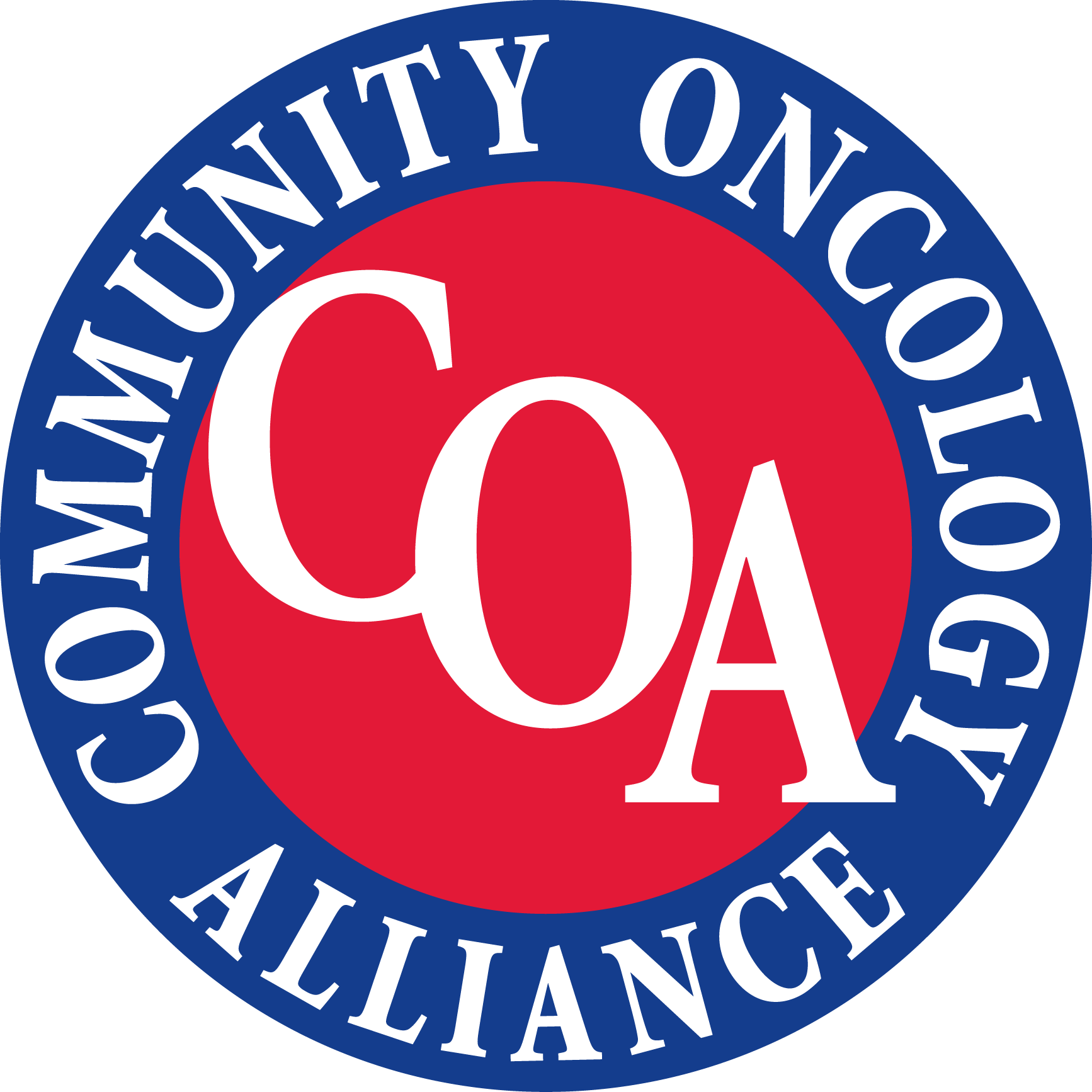
EOM Shows Awareness of Issues, but Provides No Resources, Says COA’s Nicolas Ferreyros

The Enhancing Oncology Model is trying to address a number of the systemic challenges oncology faces without giving practices the tools and resources they need, said Nicolas Ferreyros, managing director of policy, advocacy, and communications, Community Oncology Alliance.
This year, oncology practices had to start adjusting to a big change in how they delivered care with the start of CMS’ Enhancing Oncology Model (EOM), the successor to the Oncology Care Model (OCM).
At the end of June 2022, when the OCM finished, there were 122 practices still participating in the program. When EOM launched on July 1, 2023, there were
In this interview with The American Journal of Managed Care® (AJMC®), Nicolas Ferreyros, managing director of policy, advocacy, and communications, Community Oncology Alliance, discussed how oncology practices are handling value-based payment pilot programs like OCM and EOM and the challenges of addressing equity in the new EOM model.
AJMC: Per CMS, “The ultimate goal of the model is to make cancer care more affordable and accessible for beneficiaries and Medicare,” and yet discussions centered around financial toxicity, prior authorization, and health equity continue to predominate. What is the EOM doing to take on these issues?
Ferreyros: So, the EOM is really taking a big bite and attempting to address a number of the systemic challenges that oncology faces—both reducing costs and addressing financial toxicity, as well as attempting to measure and address health equity, and improve the patient experience.
Unfortunately, there is a lot of awareness in a lot of that that's going to happen through the EOM but not a lot of resources and tools given to practices to tackle those issues, particularly with equity. You know, we can measure and address whether a patient is housing insecure or not able to afford their food, or something similar, but practices aren’t being given more resources to do that.
So, put yourself in the shoes, of an oncologist who finds out that their patient is homeless. Well, how do they deal with that? I think across the country, social services are stretched thin; the safety net is stretched thin. And it's a real challenge to be made aware of a problem but not be given any solutions to tackle it. And that's not even beginning to go into racial and ethnic disparities in care and how practices have to tackle that.
So, the EOM is incredibly multifaceted—kudos to CMS for addressing what is a long-standing systemic need for the government to better understand these issues. But they've only done half, if that, of the job right now, and we need to do so much more.
AJMC: Have you received any feedback from participating practices on equity-focused parameters in the EOM?
Ferreyros: One of the big bits of feedback that practices have given about the equity parameters in the EOM is the concern that there's awareness but not necessarily resources to act on them. And as these become more of a reality in the EOM as practices start submitting more data and have a better understanding of their patient populations, they're going to become more frustrated, because they're not going to have the tools and resources and support from the federal government to truly address some of these things.
AJMC: Beyond OCM and EOM, what else should practices and oncologists have their eyes on?
Ferreyros: I think something stakeholders need to watch out for—rather than [the switch] from OCM to the EOM and what comes next—is really what CMMI is going to pull out of its toolbox. CMMI has broad latitude, as we've seen over the years, to introduce different demonstration projects. And there is a troubling discussion in Washington over reform of [Medicare] Part B, particularly the Part B add-on payments of average sales price plus 6%, and the concern is that CMMI might try another demonstration project around drugs.
That, of course, is a concern for independent practices that have seen their payments remain stagnant or actually decrease relative to inflation over the last decade. Meanwhile, hospital payments have increased, and the 340 B program has gone wild. How that interplay happens, and what those demonstration projects might look like, we don't really know—we can only guess. But over the last 4 to 8 years, we've seen CMMI proposed, and CMS also proposed multiple Part B–oriented demonstration projects.
Then, the confounding factor that adds even more of an unknown to all of this is how that interplays with the Inflation Reduction Act. Where do we all land on this? What is the final reimbursement and payment to a practice for providing cancer care in the community? It really remains hard to be seen, but that is why practices, and all stakeholders, need to keep an eye on CMS and CMMI to ensure that programs like the EOM are taken seriously and that the powers of CMMI in the toolbox are not abused.
Something that people need to remember, and many don't realize, is that if a CMMI program is shown to save money, it can become law. It does not have to go through Congress. It does not have to go through further review. And there are also no minimum participation requirements that we know of in this. So, if there is a program that is structured, that achieves cost savings with only a small number of participating practices, there is a concern that could become the law.
Newsletter
Stay ahead of policy, cost, and value—subscribe to AJMC for expert insights at the intersection of clinical care and health economics.









